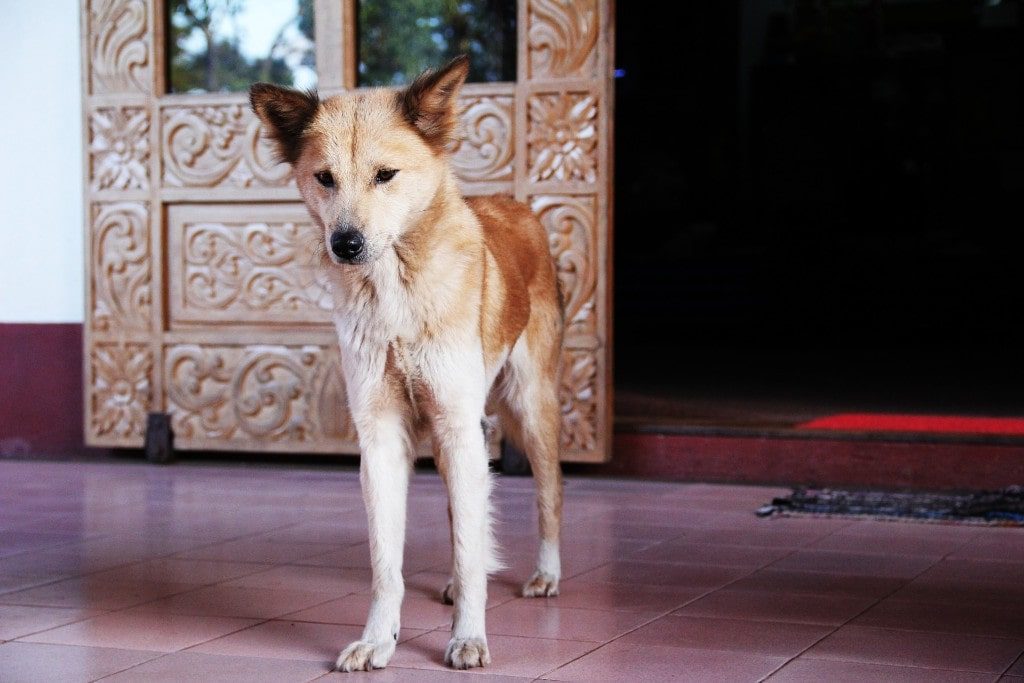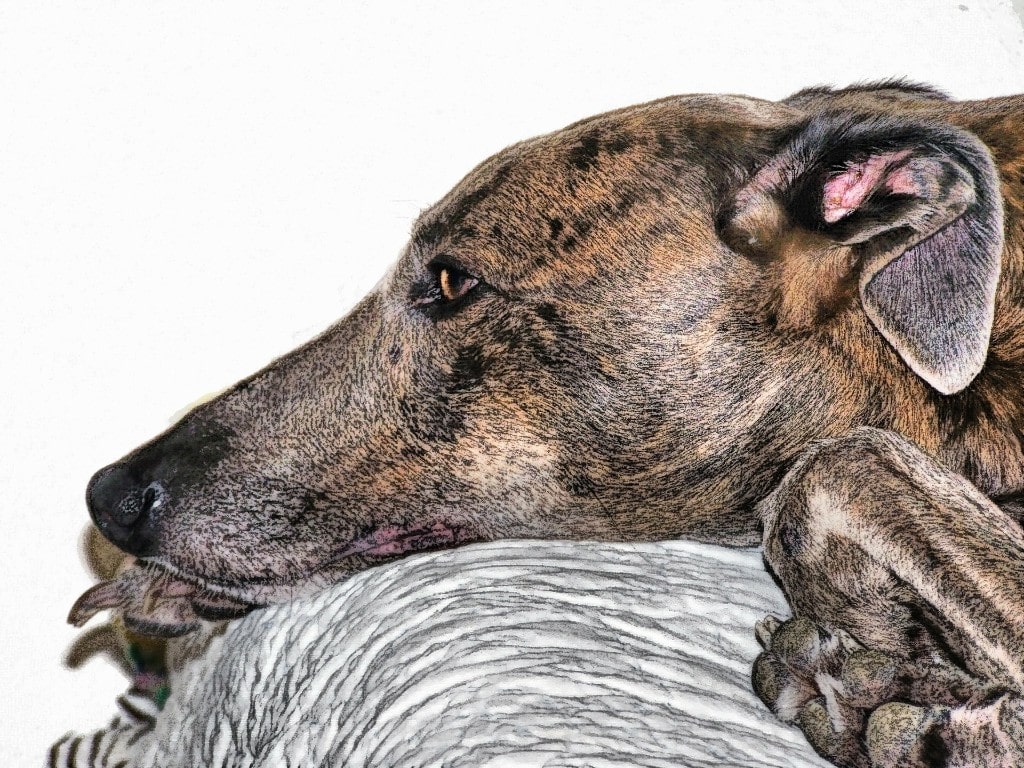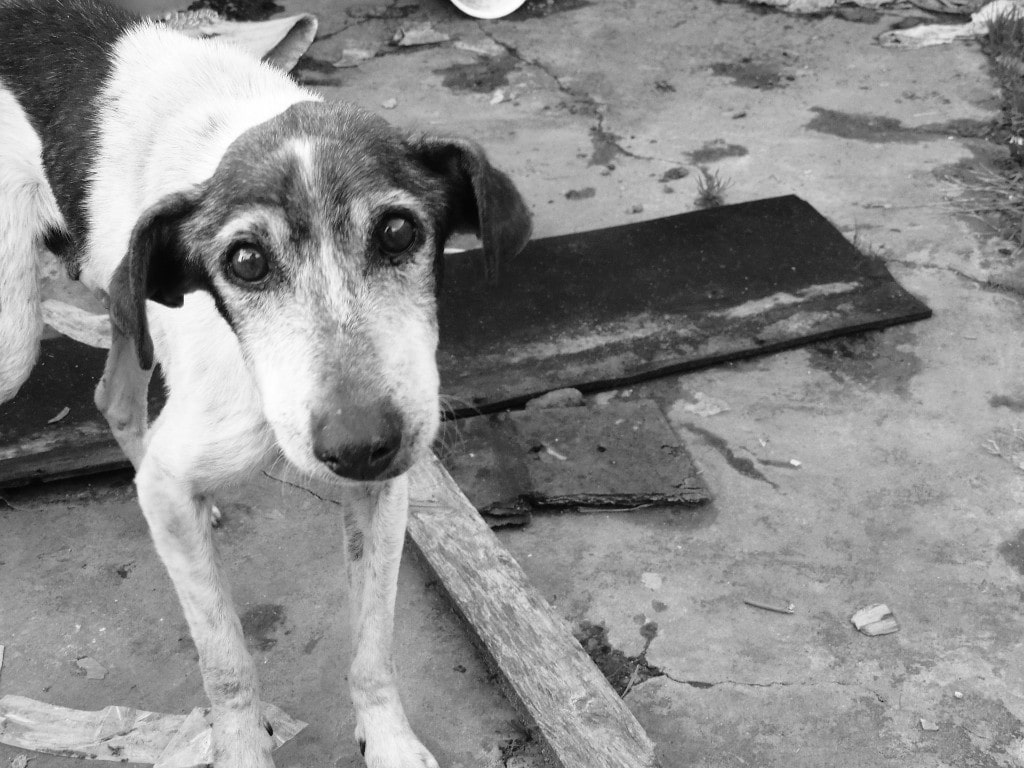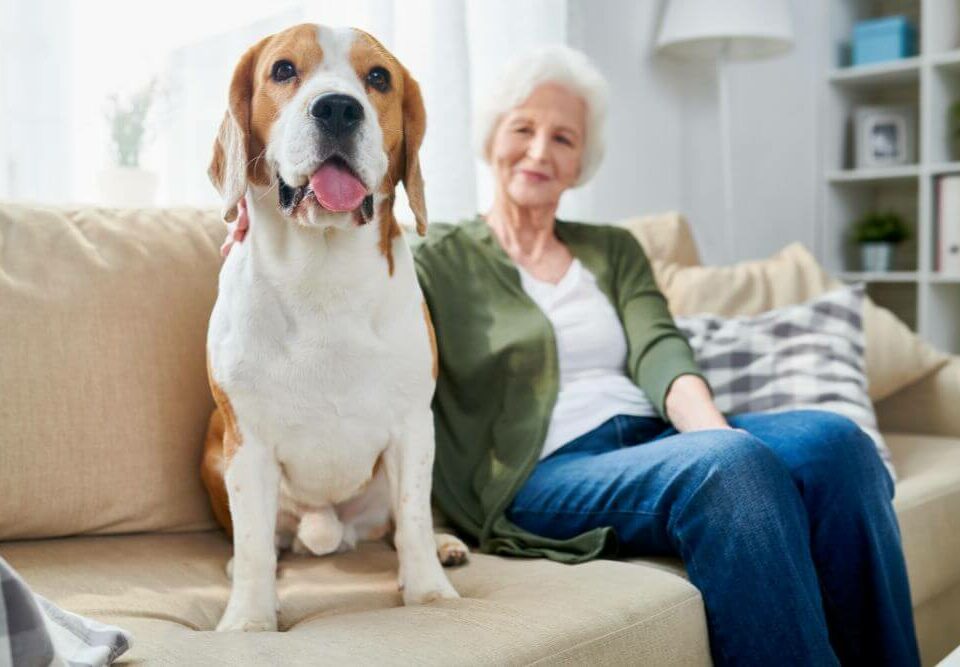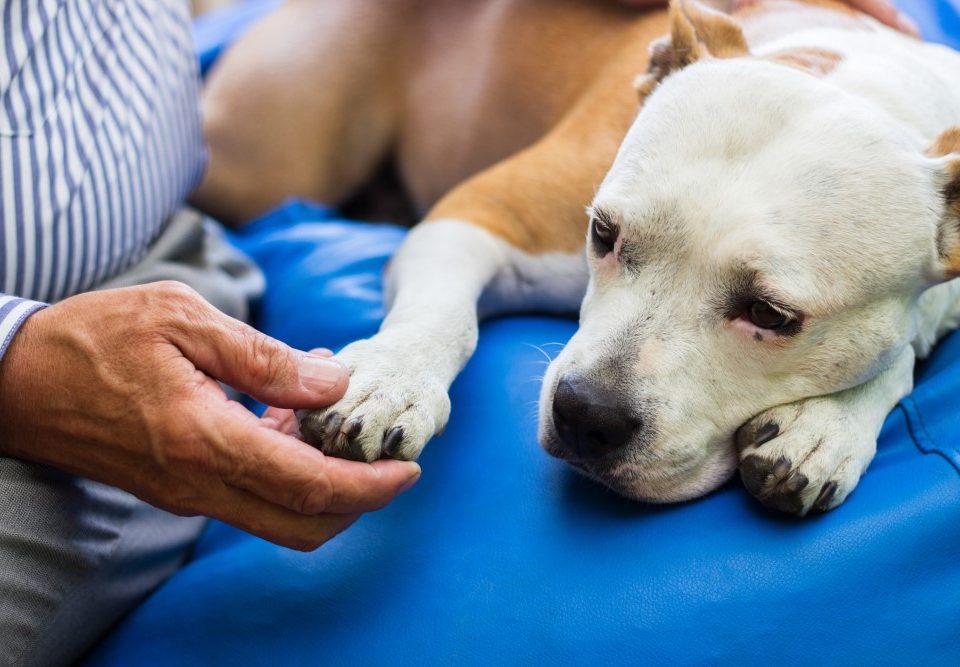
Sudden Weight Loss In Cats. Here are the Probable Reasons And Warning Signs
January 7, 2019
Vomiting In Dogs. Probable Reasons And Symptoms.
January 21, 2019Your dog may be losing weight if a diet has been chosen deliberately to address any obesity problems. An increase in exercise can also contribute to this. But, a sudden weight loss in dogs could indicate a condition that needs attention from your vet. Learn more about rapid weight loss in dogs. Probable reasons and warning signs here…
Be Dog Weight Savvy
Your vet will be able to advise you on the ideal weight for your dog. But you can follow a few simple guidelines that let you assess any change in weight ongoing. You should regularly:
Run your hands over the ribs and ensure there’s a substantial layer of fat covering them
Look at your dog from overhead to ensure the waistline blends into the hips
Take a side view to see that there’s a straight line from the back legs to the chest
Arrange for your dog to be weighed at the vets at least twice annually and keep a record
Any rapid weight loss in dogs should be taken seriously and an appointment made with your vet to rule out certain conditions. Bear in mind that relatively benign reasons can include a move to a new home, a change in routine, and the normal ageing process.
Weight Loss Reasons
Causes of weight loss in dogs are many. And these will depend on the severity of any underlying medical problem. The following list will specify a range of effects that certain conditions bring:
Periodontal disease – dental issues can cause painful teeth and gums that cause an inability to eat properly. Dental abscesses and calculus formed by the accumulation of food particles and bacteria will inflame the gums and the supporting tooth structure.
Liver disease – when essential nutrients needed from the liver are absent your dog’s body will consume fat deposits to replace them. This will cause weight loss. And when left untreated may result in seizures.
Diabetes – the inability of your dog’s body to absorb sugar from blood can cause weight loss in dogs with a good appetite. Low insulin levels need to be addressed as soon as possible by your vet.
Thyroid problems – hormone imbalances can be the result of thyroid issues. Hypothyroidism increases metabolism to such an extent that weight loss is extreme. Nutrients pass through the system without your pet absorbing them, so the animal loses weight, regardless of how much it eats.
Malnutrition – this happens when a dog has lost more than 10% of the total body weight. A lack of adequate food with the proper nutritional ingredients causes this to happen. The physical appearance of your dog will show rib and shoulder bones.
Kidney failure – this may happen over a course of months and when the vet diagnoses it, it may be too late to treat the condition effectively. Kidneys contribute to the regulation of blood pressure, PH levels, and blood sugar and volume. Chronic renal failure cannot be cured.
Information Your Vet Will Need
If your dog has suddenly lost weight your vet will ask you if there have been any changes in your dog’s:
- Appetite – has it decreased or increased?
- Drinking – downing more or less water?
- Diet – have you altered the brand of food given to your dog?
- Urine – increased or decreased and any signs of blood?
- Faeces – any diarrhoea alongside vomiting?
- Breathing – any respiration difficulties such as coughing or wheezing?
- Behaviour – sleeping more, lethargic, or restless and unsettled
- Mobility – any difficulty in getting up or walking?
It’s a good idea to write down any treatments you give your dog for the prevention of worms and fleas. And be able to provide an idea of when you noticed the change in weight.
Professional Diagnosis
To establish the source of the weight loss your vet will need to carry out certain tests. These include:
- Physical examinations to determine the health of your dog
- Complete blood counts to help diagnose disease or pinpoint injury
- Thyroid hormone tests to rule out hyperthyroidism when weight loss in dogs with a good appetite happens
- Urine tests to ascertain kidney function
- X-rays to show any enlargement of internal organs and to detect tumours
- Ultrasounds that give three-dimensional images to highlight abnormal structures
- Barium studies that evaluate the progress of liquid through the gastrointestinal tract and eliminate the suspicion of blockage or cancer
- Depending on the results of these diagnostic tests your dog may need to be admitted for medical treatment.
Your Home-Visit Vets
Sadly, dog euthanasia at home may be your final option. You’ll get all the support and advice you need to take this last gentle step. The vet will administer a sedative to put your dog into a deep sleep. They will then give your pet an anaesthetic to cause the heart to slowly stop. You can hold your dog in your arms to calmly say goodbye. You can make any aftercare arrangements with your vet whilst they’re in your home.



